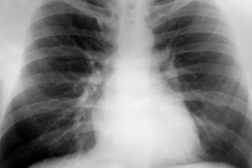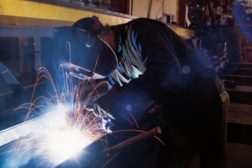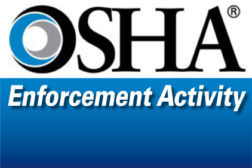Home » occupational exposure
Articles Tagged with ''occupational exposure''
Wisc. steel fabricator faces $100K+ in OSHA penalties
Koser Iron Works employees exposed to machine, fire and explosion hazards
April 3, 2015
New NIOSH report recommends all workplaces be tobacco free
Recommendations include exposures to e-cigarettes
April 2, 2015
A NIOSH Science Blog post
Workplace medical mystery solved
Blurry vision affects a print press operator
March 26, 2015
Advance Auto Parts exposes workers to asbestos, mold hazards
Kansas City, Missouri, store receives 11 violations
March 23, 2015
Controlling silica exposures during asphalt pavement milling
NIOSH, CPWR & stakeholders team up on new guide
March 18, 2015
Become a Leader in Safety Culture
Build your knowledge with ISHN, covering key safety, health and industrial hygiene news, products, and trends.
JOIN TODAYCopyright ©2025. All Rights Reserved BNP Media.
Design, CMS, Hosting & Web Development :: ePublishing






